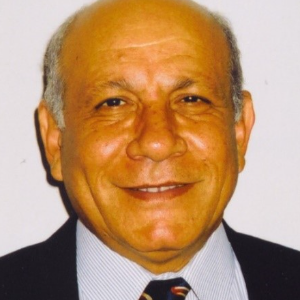Exploration's role is to give the knowledge needed to exploit the best opportunities in the locations chosen, as well as to supervise research operations on the blocks obtained. Geological exploration is stated as the process of identifying a commercially viable mineral resource with the goal of doing so within the feasible amount of time whilst being inexpensive. Technology has largely driven modern mineral discovery due to the evolution of exploration technology over the last century, as well as the emerging exploration challenges. Exploration of natural resources is costly and dangerous. However, it brings with it new challenges and opportunities. Before spudding an exploration well, an oil company may work on a prospective location for several years, studying the geological history of the area and quantifying the possibility of hydrocarbons being present.
- Geological Terrain Selection
- State-Of-The-Art Exploration Technology
- Optical Petrology
- Geologic Maps
- Geochronological and Petrogenetic Data
- Risk Associated with Exploration

Anthony J Sadar
Environmental Science Communication, LLC, United States
Selim Sanad Shaker
Geopressure Analysis Services, United States
Sharma Dronamraju
AKD Professional Solutions Inc., United States
Ross Cygan Taylor
North Sea Transition Authority, United Kingdom
Saleh Alqahtani
Saudi Aramco, Saudi Arabia
Abdulrahman Bahashwan
Saudi Aramco, Saudi Arabia



Title : The Vacuum Insulated Heatable Curtain (vihc): From conceptual invention to market deployment as a cost-effective dual solution for window heat loss reduction and localised radiant comfort
Saim Memon, Sanyou London Pvt Ltd, United Kingdom
Title : Transforming waste plastic into hydrogen: Progress, challenges, and future directions in pyrolysis-based integrated pathways
Nur Hassan, Central Queensland University, Australia
Title : Unlocking UKCS potential through collaborative well interventions
Ross Cygan Taylor, North Sea Transition Authority, United Kingdom
Title : Driving excellence in marginal field development and operations through an integrated smart strategy to unlock challenging sour oil
Sharina Al Muhairi, ADNOC Onshore, United Arab Emirates
Title : Innovative solutions for accurate and efficient gas monitoring
Raysa Bani Ibrahim, Abu Dhabi National Oil Company, United Arab Emirates
Title : Innovative solutions for accurate and efficient gas monitoring
Mariam Alzaabi, Abu Dhabi National Oil Company, United Arab Emirates